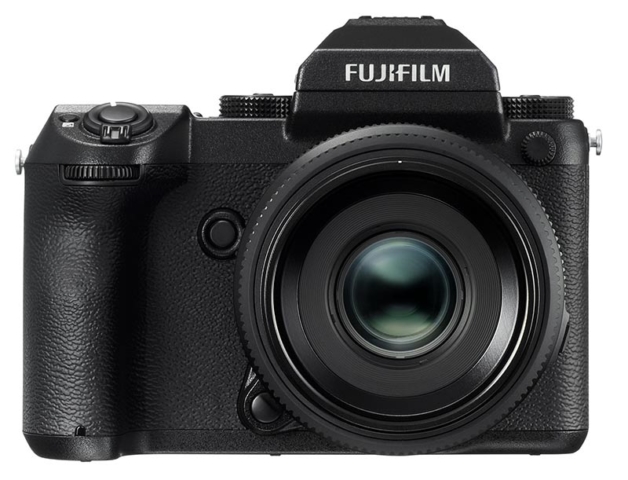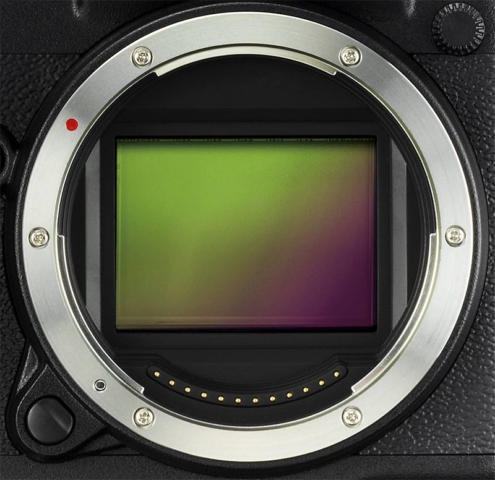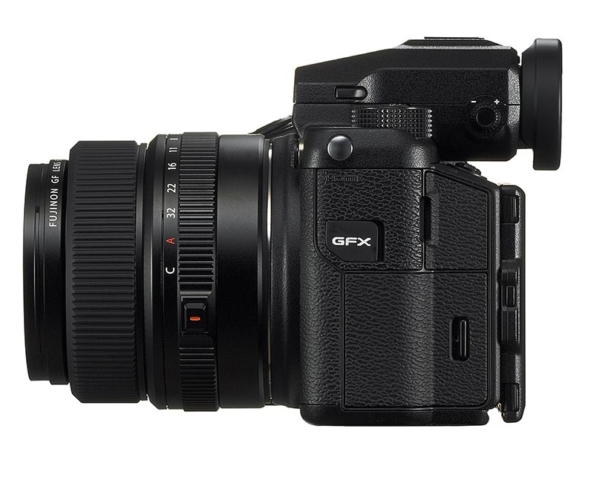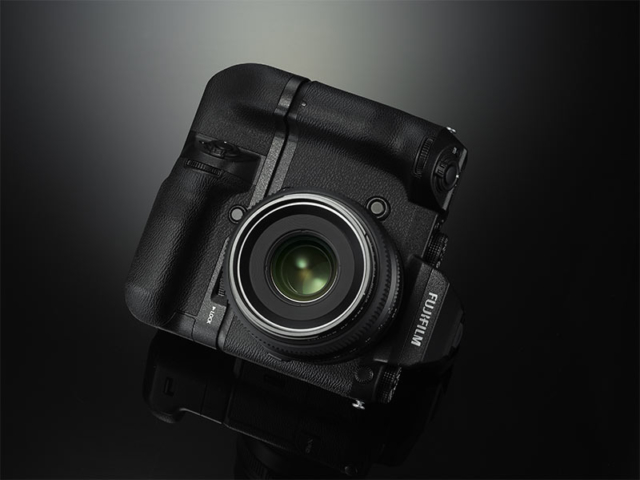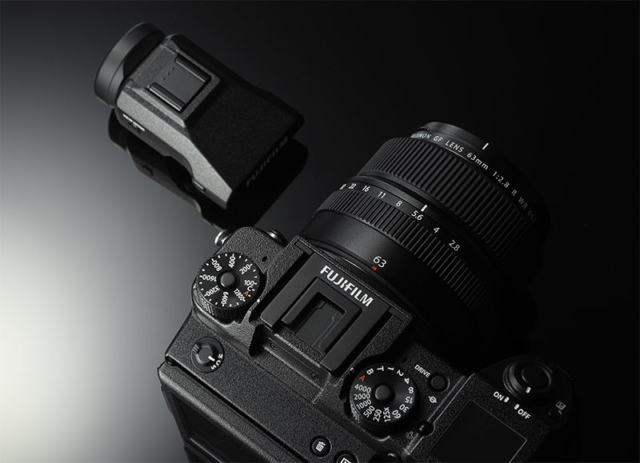Size Matters
Looking at pictures of the Fujifilm GFX 50S gives me the sense of a purposeful tool. A piece of gear designed for day to day use without fuss. It is made from modern industrial materials not carved from a solid block metal using exotic manufacturing techniques. That says something about how the maker expects the tool to be used.
The overall design of the camera represents a fundamental change in attitude about what is required to support professionals in the field. It is not a reflex camera. It is significant in the professional market for that reason alone. With the body being roughly the size of a Nikon D810, probably about the same weight and far less complex internally. It is easy to argue that it will be more reliable in the field and easier to maintain than an equivalent DSLR. The GFX series represents an important new direction.
Impact on the Pro Market
The big Fuji calls into question the strategy of major camera makers who have chosen not to produce truly capable mirrorless cameras. So far the most important camera manufacturers in the world, Canon and Nikon, have decided not to participate or maybe not to innovate. These two brands control the professional DSLR market. It is possible they have large R&D efforts working behind the scenes. I hope they do.
As a Non-Professional
Medium format digital cameras have interested me since the semi-affordable Pentax 645D became available. As a non-professional photographer buying and supporting a medium format system is an extravagance. I don’t have a daily need for such a camera. That makes owning one more about ego than capability. Still I could make good use of a large sensor camera on my adventures in Big Bend National Park. I can never capture enough detail in images of the place.
It is possible to appreciate a camera as an object that combines form and function. Many people become obsessed with cameras rather than photography because they are beautiful things. That is a common pastime for non-professional photographers everywhere. I imagine most professional photographers are most concerned with how the camera handles and captures images but no doubt aesthetics play a role even for them.

